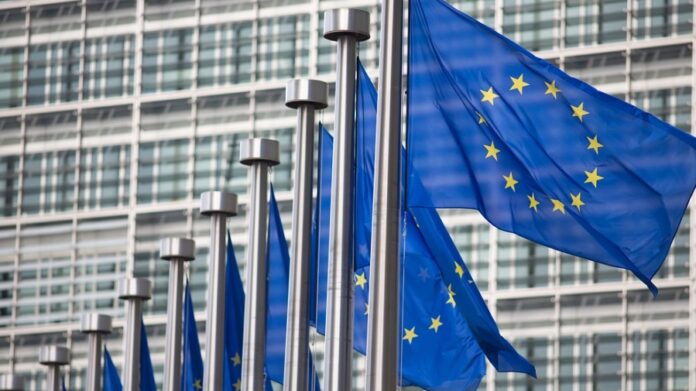The European Commission has asked Bulgaria to suspend the current scheme of state subsidies for the private sector to reduce the budget deficit and implement measures to reduce electricity consumption, according to Euractiv.
As part of the 2023 European Semester Spring Package, the Commission guided member states to build robust and future-proof economies and long-term prosperity.
Following calls from the Association of Employers’ Organisations in Bulgaria to reinstate the subsidy scheme the government halted on 31 March, the Commission recommended that the government should put a stop to the system.
Through the scheme, the Bulgarian government spent nearly €3 billion in 2022 to support local companies amid the sharp rise in electricity and fuel prices. The money was raised by the huge profits of state-owned power companies, which exported record amounts of electricity to neighbouring Balkan countries.
This partly allowed Bulgaria to become the EU’s second-largest electricity exporter, though with the energy markets balancing out, the government will no longer be able to raise such subsidies and should, according to the Commission, thus be more wary of its budget deficit going forward.
On Monday, the country’s top two political parties, GERB and PP-DB, announced that they will elect a government that will achieve a budget deficit of 3% as part of Bulgaria’s goal to join the Eurozone by 2025.
Another of the Commission’s recommendations includes ensuring an effective management structure for the rapid implementation of the recovery plan, for which the country will receive €6 billion.
The Commission also suggests Bulgaria reduce its dependence on fossil fuels and accelerate the transition to clean energy by introducing renewable energy sources quicker.
The Commission expects to speed up the rehabilitation of buildings, introduce forward-looking solutions in central heating and urban transport, and speed up the development of the railway infrastructure.
After the contraction of the Bulgarian economy by 4% in 2020, the country’s economy grew by 7.6% in 2021 and 3.4% in 2022. The European Commission forecasts economic growth of 1.5% this year and 2.4% next year.


